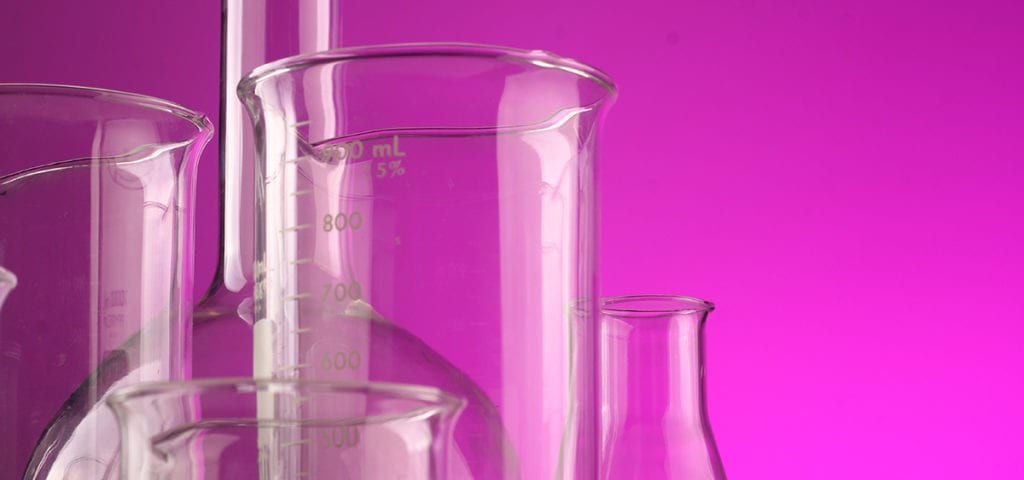A team of synthetic biologists at the University of California, Berkeley have successfully extracted THC, CBD, and other cannabinoids — including some that are not found naturally inside the cannabis plant — from yeast.
In their findings, the researchers show that common brewer’s yeast, which can already be used to produce other chemicals including insulin, human growth hormones, and recently opiates, offers a potentially cheap and easy source of cannabinoids.
According to professor Jay Keasling, a specialist in chemical and biomolecular engineering, the UC Berkeley research team has established a method for manufacturing specific cannabinoids that is cheaper and requires less labor than the traditional water-and-soil approach to growing cannabis.
“For the consumer, the benefits are high-quality, low-cost CBD and THC: you get exactly what you want from yeast. It is a safer, more environmentally friendly way to produce cannabinoids.” — Jay Keasling, UC Berkeley professor, in a news release
Furthermore, the lab’s approach is more environmentally friendly than simply growing the plant, because it is not as energy-intensive as operating indoor grow lights and it does not produce the agricultural run-off associated with commercial cannabis grows.
“The economics look really good,” Keasling said. “The cost is competitive or better than that for the plant-derived cannabinoids. And manufacturers don’t have to worry about contamination — for example, THC in CBD — that would make you high.”
Keasling has since founded Demetrix Inc. to license the Berkeley research team’s new technology for using yeast fermentation to create cannabinoids.
Sourcing cannabinoids from yeast is an exciting development; however, it is not a brand new discovery. Last year, Canadian cannabis producer Cronos announced a $22 million deal with Boston biotech firm Ginkgo Bioworks to pioneer methods of producing single cannabinoids in a bioreactor.
Get daily cannabis business news updates. Subscribe
End
